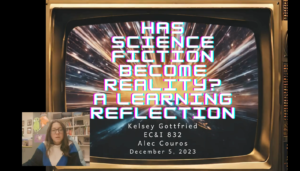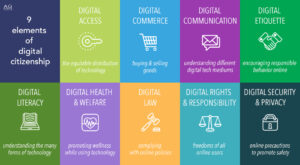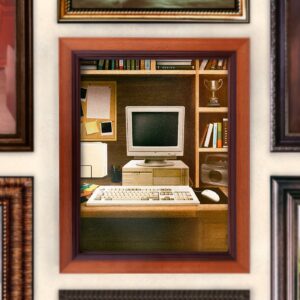“All technological change is a trade-off. For every advantage a new technology offers, there is always a corresponding disadvantage” (Kottke, 2018, para. 2)
Last winter, sitting in a class on theories of teaching literature, we discussed the ways that technology was changing and shaping the educational sphere. With a particular focus on the rapid (or at least it seemed to be that way) development of AI technologies, we hypothesized and considered the ways that these new, advanced technologies were going to impact how people read, write, and understand ourselves in relation to art, literature, stories, and ways of knowing.
Fast forward, a couple months and again I found myself in discussions with my colleagues in the English and Humanities departments– it had been brought to our attention that a number of students had been utilizing AI (specifically ChatGPT) to complete a range of assignments including formalized essays, presentations, and even personal reflections. Though our immediate reaction was to simply ban the use of AI and threaten to go back to only pen and paper style assignments; the reality was that this new technology was requiring us as educators to reevaluate our own philosophies on learning, education, literacy, and our pedagogical practices. We were left to consider the advantages and subsequent disadvantages that were to come with the development and improvement of AI as it related to education and learning. As described by McLuhan (as cited in 2004, Federman), the “medium” changed and developed, but the scope of the “message” has yet to be fully understood.
This linked article from CBC, “The ‘godfather of AI’ says he’s worried about the end of people” provides an interesting (and worst case scenario) perspectives on AI as it develops further. Though, I am uncertain about the assertion that we are moving towards the realities of a science fiction type dystopian world, the question remains how is and will AI influence the ways that we think, learn, and understand ourselves in relation to others and the world around us? If ChatGPT can produce personal reflections that mimic our voices and ways of understanding concepts and themes, then where does the human lie within learning and expression?
Works Cited
Federman, M. (2004). What is the Meaning of the Medium is the Message? Retrieved September 19, 2023 from https://individual.utoronto.ca/markfederman/article_mediumisthemessage.htm.
Kottke, J. (2018). Five Things We Need to Know About Technological Change. KOTTKE.org. https://kottke.org/18/08/five-things-we-need-to-know-about-technological-change.





